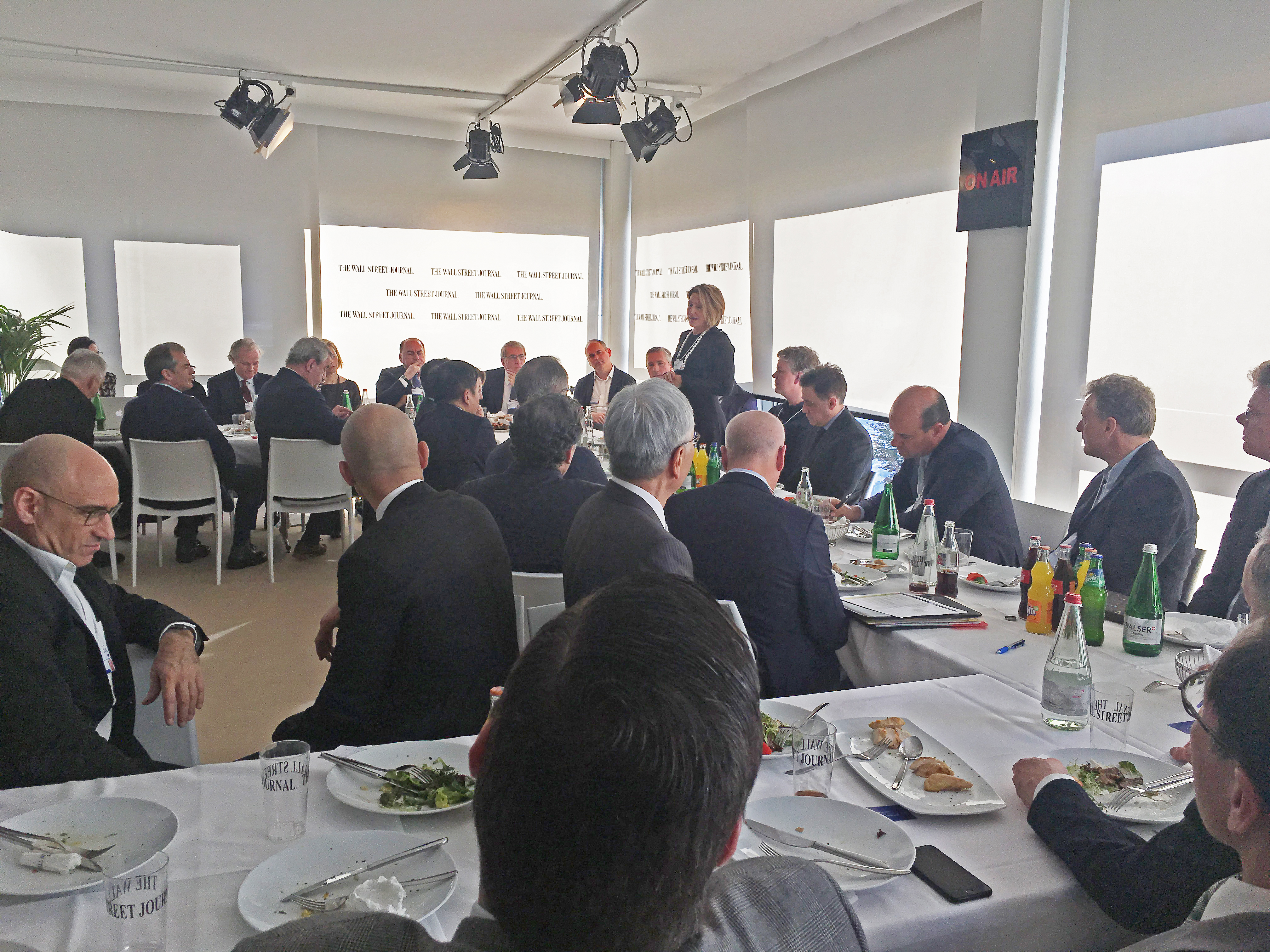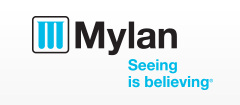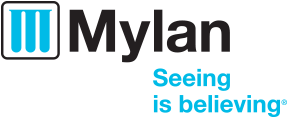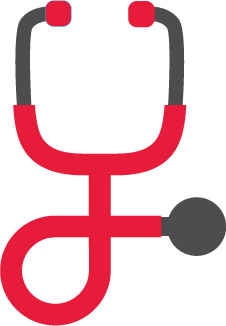Experiencing Davos for the First Time

Posted: January 23, 2018
Anticipation, expectation and excitement all ran high as I began my journey through Davos today to participate in the World Economic Forum. I am humbled by my surroundings – both the snow-capped mountains as well as the thousands of people participating in the forum.
What I quickly realized though, from participating in thought-provoking sessions to following coverage by reporters like Maria Bartiromo and Steve Clemons, is that there are no magic or silver-bullet solutions to any of the challenges we face in our fractured world.
Fortunately, however, there are many willing and capable men and women who are ready to view the world’s challenges as opportunities and to discuss and debate how we move forward. Earlier today, I had the opportunity to join in the conversation about our shared future by participating in a panel for the Wall Street Journal CEO Council. I talked about healthcare and shared Mylan’s role as a global healthcare company in providing the world’s 7 billion people access to medicine.
While describing our scale and reach, which includes selling over 7,000 products in over 150 countries and territories, I emphasized that we have more opportunity today than ever to get medicine into the hands of people who need it. But to achieve this goal, we will have to continue challenging how healthcare is delivered, starting in the U.S.
And there is no question that if we are going to change the healthcare system, we must think differently. Some, for instance, have proposed the idea that value-based pricing and delivery models are the solution. Yet I’m challenged with how to quantify value-based care in a system that, until recently, has shielded consumers from the true cost of medical care and prescriptions. In such a world, how do we place a value on goods and services that have appeared to be “free” for so long?
As an alternative, I suggested we rethink healthcare-insurance structures.
This idea reflects my belief that individuals need to own their health, both in terms of preventive care and in the ability to respond when sickness occurs. The way I see it, continued increases in out-of-pocket expenses for patients and continued shifting of costs by employers to employees are essentially presenting us with an opportunity to “consumerize” healthcare by allowing individuals to take control of their healthcare insurance.
One way to incentivize this transition would be for employers to play a role in the debate by contributing funds employees can use to make their own insurance decisions. We saw a similar dynamic in the transition from pensions to 401(k) plans.
We should also rethink healthcare as being an annual event – no meaningful or substantive change can happen in one year’s time. But if we insured healthcare for multiple years at a time, perhaps everyone involved would be incentivized to achieve better outcomes. I challenged fellow CEOs and leaders in the room to think about their employees’ healthcare through a different lens because, in the end, change will start there.
One additional important thought I’d like to share – especially with gender diversity and equality being such important themes at this year’s event – is that, as one of too few women executives, I believe we need to keep standing up, speaking out and bringing our perspectives to the table. It’s not always natural or even invited, but it is necessary. As women, we need to push ourselves to be comfortable being uncomfortable. This is easier said than taught, but the global community needs all of us to heal the fractured world we live in today.
More to come as I listen to the conversation.





